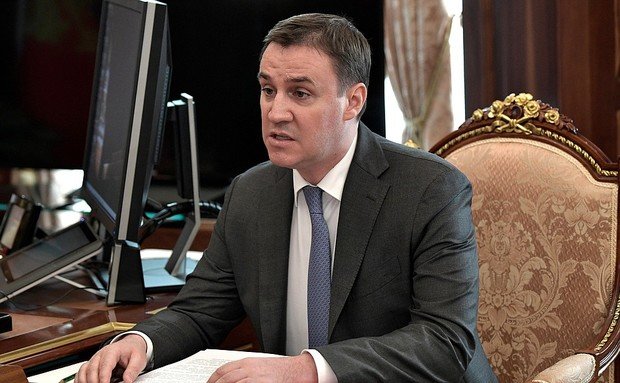Russia to impose no limits on grain export
Despite a lower crop due to dry weather, the Russian Ministry of Agriculture is not going to curb grain export. Earlier, global grain prices were spurred by speculation that Russia might limit supplies, as its 2018 wheat crop was expected to decline from the previous year's record result.
Russia's Ministry of Agriculture does not see a need to impose an export duty on grains or to curb grain export in any other way, claims Reuters citing the ministry's statement after a meeting with exporters on Monday. At the same time, the ministry does not see any factors that may cause growth in the pace of Russia's exports or change the supply-demand balance significantly. ''The [Russian] grain market is stable now,'' consider the authorities.
According to Reuters' sources, the mood of the meeting was calm and showed that the ministry was less nervous about Russia's lower crop and high grain exports. ''The mood is changing,'' said one of the participants. After the ministry's previous meeting with traders in August, some of the traders assumed that Russia could apply export curbs once grain export reaches 30 million tonnes, including 25 million tonnes of wheat, in the 2018/19 marketing season that began in July. As a result, global wheat prices grew last week thanks to speculation that Russia might decide to limit wheat exports. However, the ministry hasn't confirmed that export limits were discussed.

Russia's wheat crop is forecast to decrease this year from a record 85 million tonnes in 2017, although it will still be a large crop, which is bigger than the average of the last five years. In August, Russia's grain export increased due to the weak ruble, growth in global prices and the early arrival of the new crop. Some traders expect supplies to speed up in coming months, as traders still bet on restrictions sometime after December.
SovEcon agriculture consultancy predicts that Russia's 2018/19 wheat export will amount to 25 million tonnes in January-March. The situation may develop following the pattern of previous seasons, varying from no restrictions at all to unexpected informal curbs on grain exports and revival of wheat export tax, believes the consultancy. In case of a possible revival of the tax, which is currently at a zero level, SovEcon expects that Russia's 2018/19 wheat export reduces by 4-7 million tonnes.
The ministry also announced that it was considering selling 1,5 million tonnes of grain from the state grain stockpiles this season in addition to the previously approved 500,000 tonnes. At the end of August, Russia's grain stockpiles totalled 3,5 million tonnes.